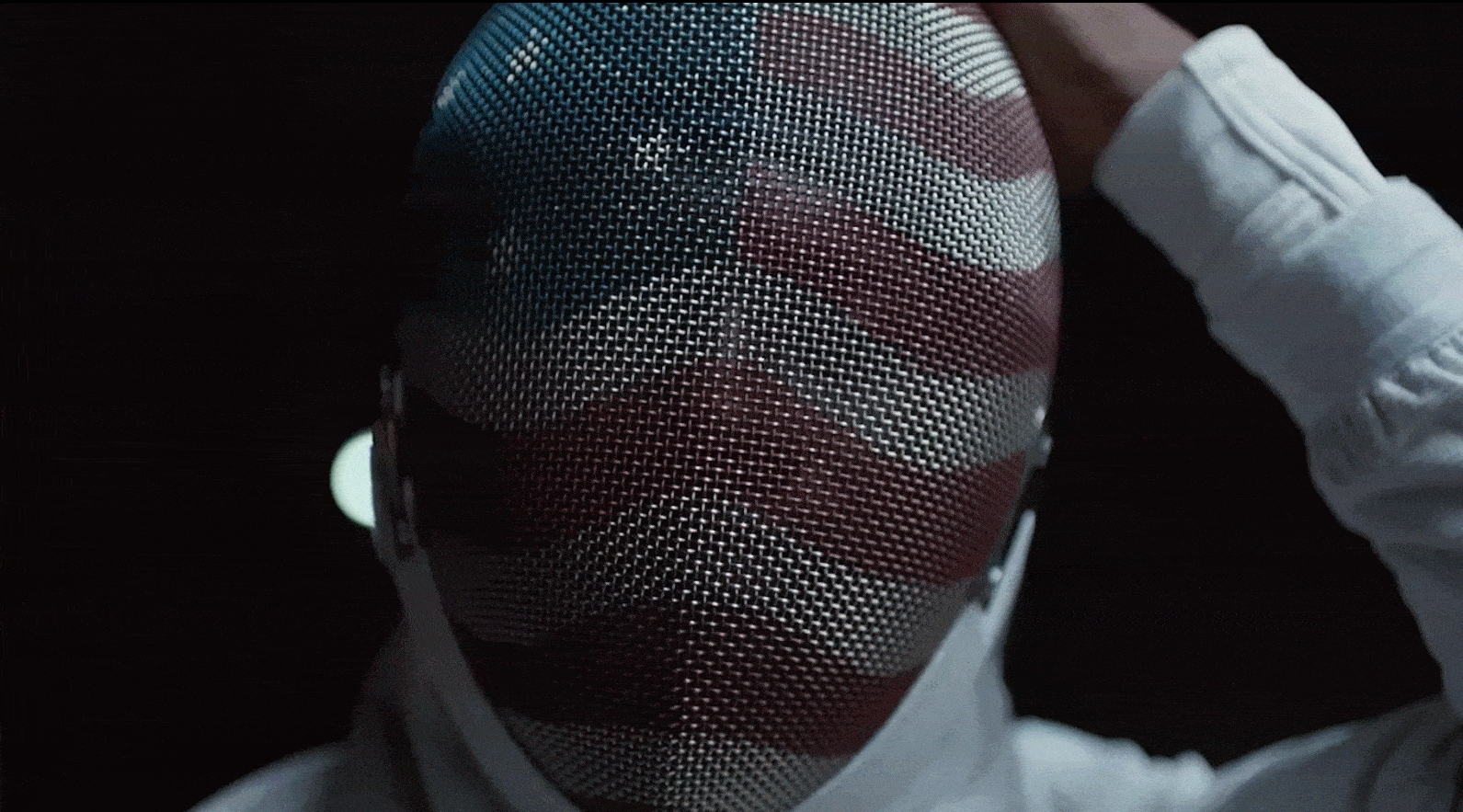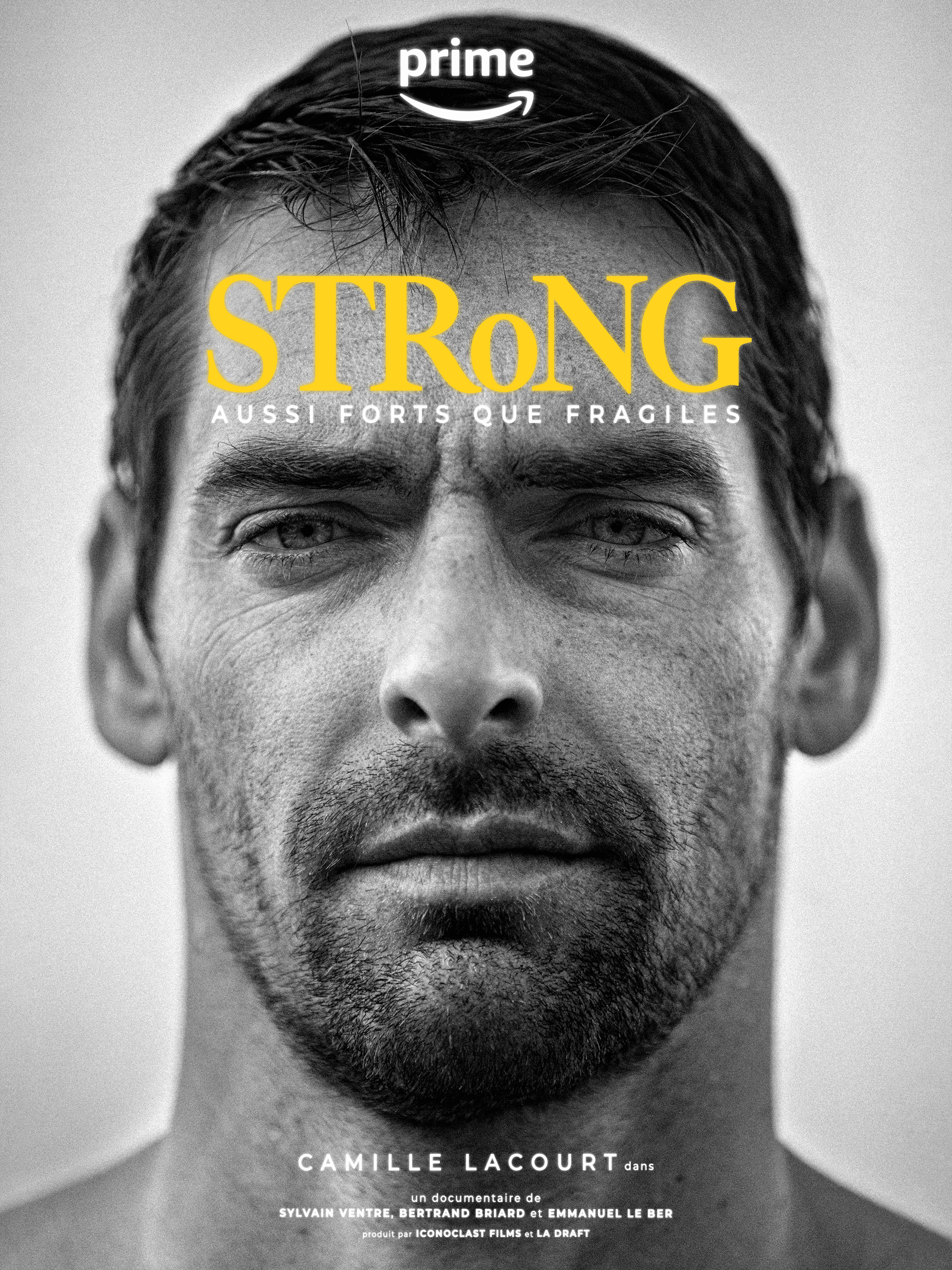The mountain is not sacred in France in the religious sense, but it is almost as if it were. Even though in reality this isn’t true for many who venture into the heights, mountaineers are expected to have an intellectual approach, a geographical connection, or a philosophical alignment with the subject at hand. Sometimes all three. This narrative applies in a similar way, to some extent, to surfing. This moral expectation, based on skill level, social background, or place of birth, persists. It creates a reference framework, sometimes with unwritten rules, which can lead to the best as well as the worst.
This caste-like effect cements the passion and structures the discipline, but it must be admitted that for decades, it has adapted to a marketing approach that has even made its way into cities. Whether we like it or not, major mountain and surf brands have certainly made us dream; they have also extensively promoted the peaks and the waves—quests that were still relatively niche in the 1970s but have significantly expanded since, greatly aided by the massive growth of air travel, leisure time, and the outdoor lifestyle imagination.

Obviously, the fact that a young Youtubeur, with a rather basic, sometimes caricatured vocabulary, from the world of social networks and, to be perfectly clear, from the suburbs, arrives to “climb Everest” from scratch, raises questions, provokes debate, shocks and ulcers. Frankly, no one in the highly territorial microcosm of the mountain would have dreamt of this, preferring no doubt the ideal narrative of The Alpinist, inspiring though magnifying a predictable end, as if death were the end.
The fact that Inoxtag doesn’t speak about ecology and only offers somewhat simplistic life advice, advice that many others have given before him without being labeled simple-minded, in no way justifies the flood of criticism directed at the young man.
Why, then, target this young man from a diverse background so relentlessly? Why not celebrate his journey as a self-made entrepreneur without a degree? Why not make him an example, when, on the other hand, everyone is constantly touting inclusion, “access for all,” and other “humanist” ideas that flourish in marketing meetings? This doesn’t mean he can’t be reasonably criticized.
The waste on the slopes of Everest isn’t a recent issue, and the younger generations aren’t responsible for the commercial circus that’s been playing out there for years. This could be an opportunity to reflect on the obsession with reaching the summit.
Let’s acknowledge his courage in embarking on a journey where he had everything to lose, for surrounding himself with competent people, and for having the desire to learn. Let’s recognize the strength it took for him to dare and succeed. In this sense, his film is remarkable: the toughness of the challenge is truly palpable. Honestly, who among the snipers targeting him would be capable of such an achievement ?
On the other hand, we cannot, at the same time, lament that young people are absorbed by screens and vilify someone who wants to lead them elsewhere. Inoxtag is endearing and captures the attention of the younger generations, much to the dismay of those who see themselves as the guardians of orthodoxy.
Sporting practices have evolved significantly, and they will continue to do so. The Stone Masters were not well perceived at first, nor were the early surfers, who were labeled as outsiders. The networked generation is arriving, and we will have to make room for them, while also helping them understand the customs. Some will leave quickly, that’s certain, while others may eventually read Bonatti.
In conclusion, the great revolution in sports today is that of social networks. It follows in the footsteps of the transformation brought by postmodern sports. It will attract an increasingly unprepared audience and is already causing larger flows, often from cities. We will then see that the notion of “access for all,” repeated like a mantra, is an aberration.
The next step might be Tomorrowland at Everest Base Camp. But if we claim to want to avoid that, we’ll need to understand the expectations of the young people who admire and follow Inoxtag, and transform them not into customers but into young people who are conscious of nature, rather than simply lecturing them.









